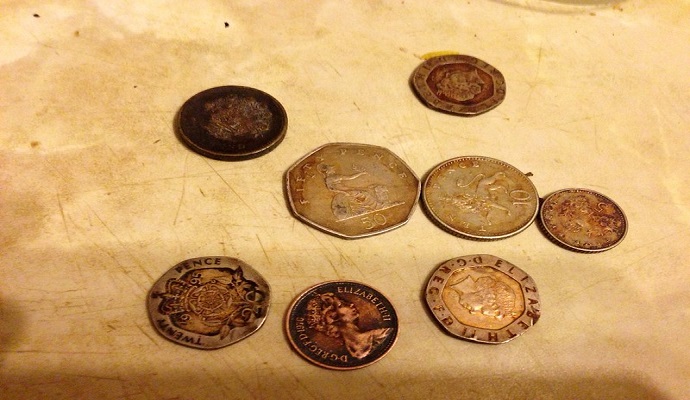4 Ways That Minimalism Can Help You Grow Wealth

When people hear the term minimalist, they often tend to imagine somebody driving a beat up car that is a bunch of different colors and wearing hand me down clothes. Well, that can sometimes be the case, but it is not really the way it is.
A minimalist is somebody who eschews material things in many, but not all cases and prefers experience and learning over consumption. Being a minimalist simply means reevaluating priorities and directing your spending towards things that might not mean much to others.
One thing that helps to become a minimalist is the fact that it is a fantastic way to build wealth. When you are more mindful about where your money goes, you can make sure that your money is working for you and not the other way around by putting it in high yield accounts that you can read about here.
1 – Less impulsive spending
This doesn’t mean you need to scrutinize every dollar you spend, but to have a sort of template with things that you spend money on. You can do this once in a while so you don’t have to think too hard every time you take out your wallet.
All you need to do is create a sort of list that puts your spending into categories. For instance, maybe taking classes is something that you enjoy and you feel adds a lot to your life. That would be spending that you don’t have to have too many limits on.
On the other hand, eating out would be far down on the priorities list that should be thought about beforehand if you are considering it. That way you are not obsessed with your spending, just thoughtful about it.
Though you should still have credit cards, you will be less likely to max them out and end up spending too much on interest.
2 – It frees up time to make more money
When you aren’t working overtime for a company to make sure you can pay for all the unnecessary extras in your life, it frees up a lot of time. And you can do whatever you want with this time.
If you are trying to build wealth then this is a good opportunity to use that time to start a business. So, you work for your boss for a limited amount of hours, and then do something you are passionate about as a side income.
Let’s suppose that you are really into antique cars. You could just use your discretionary spending to fix them up. But, when you are a minimalist, you can use your passion and the time you can devote to it to create a business. Now, instead of just spending money fixing old cars, you can have people paying you to do it because you put in the time to become an expert.
If you are working 60 hours a week for a corporation then that leaves little time to be an expert on anything.
Image Credit: Smabs Sputzer via Flickr CC 2.0 – 4 Ways That Minimalism Can Help You Grow Wealth3 – Smaller house
When you get rid of a lot of stuff that you simply don’t need, then you won’t have much use for a huge house. You can live in a much smaller one. Either join the tiny house movement, move into a condo or simply live in a smaller house than what you have.
You’ll save money on your mortgage. In fact, if you had a big house that sold, you may be able to buy a place with equity and have no mortgage at all. This is the ideal as you can save money or invest it like never before.
In any case, even if you still have a mortgage, it will be far less than what you were paying which can speed up your wealth building.
Not only will you save money on your mortgage by downsizing, but your costs to heat and cool the house will be much lower. And on top of that, your house insurance and taxes will also see a significant reduction. With all these savings you will be on the road to financial freedom far faster than you can imagine.
4 – Sell your clutter
Imagine putting most of your possessions up for sale. All of that stuff taking room in your basement, attic or closets is doing nothing for you. So you set up a yard sale or sell it online on Ebay or something and end up with a few thousand dollars. Maybe more if you had expensive tastes.
Then you can take that money and invest it and let it grow over time. Instead of tying up money that sits on a shelf, it can be dividing over time and become something that helps you later in life instead.